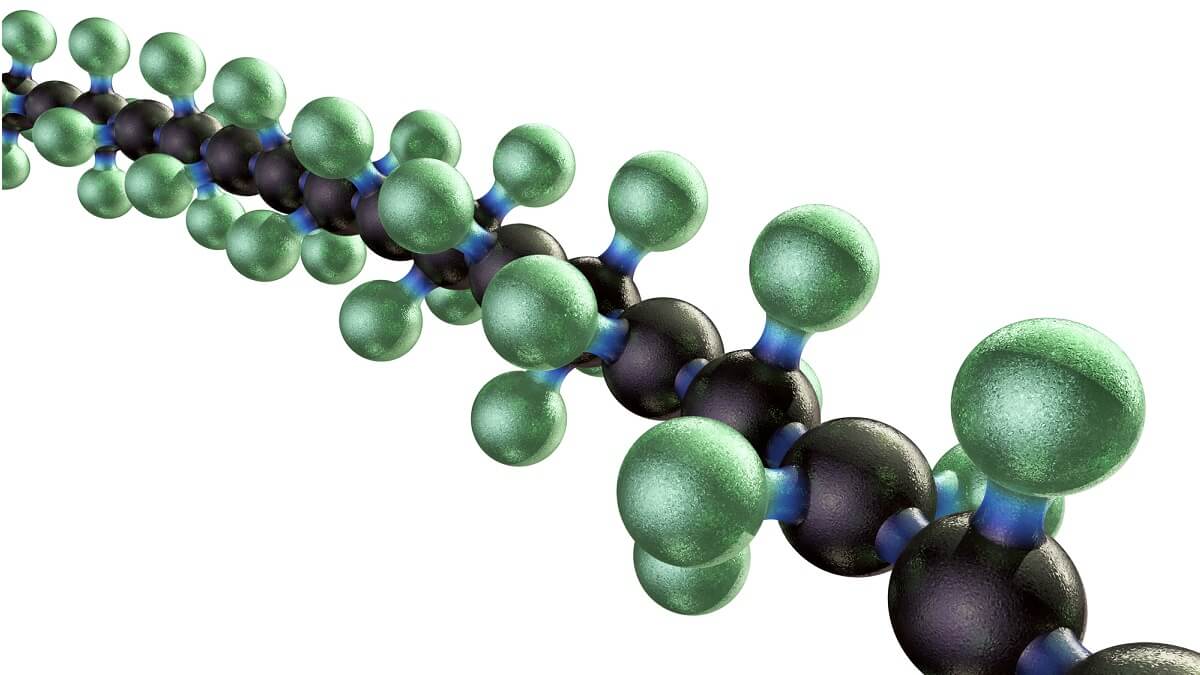Innovative Polymers: Changing Modern Manufacturing
Innovative Polymers: Changing Modern Manufacturing
Blog Article
Discovering the Varied Applications and Advantages of Polymers in Different Industries
Polymers, with their diverse range of residential properties and performances, have come to be vital in different sectors, each enjoying unique advantages from their application. From enhancing safety and security and performance in the auto market to transforming clinical devices in the medical care industry, polymers play a crucial role.
Automotive Industry Applications
Polymers play a crucial role in boosting the efficiency and sturdiness of different parts within the auto industry. These flexible products are extensively made use of in the production of different parts, ranging from indoor elements to under-the-hood applications. One prominent use of polymers in the automotive industry is in the production of light-weight components. By changing traditional metal get rid of polymer-based choices, cars can attain better fuel effectiveness without endangering on strength or safety.

Medical Care Sector Benefits
In numerous medical care applications, the benefits of making use of polymers are widely recognized for their diverse variety of useful residential properties. Polymers play an important duty in the healthcare industry as a result of their flexibility, biocompatibility, and cost-effectiveness. One of the key benefits of polymers in healthcare is their ability to be tailored to specific needs, such as adaptability, longevity, and biodegradability, making them ideal for a large range of clinical applications.
Polymer-based materials are extensively made use of in clinical gadgets, such as catheters, implants, prosthetics, and medication distribution systems, as a result of their biocompatibility and capability to imitate natural cells. These products can lower the risk of sensitive responses or beings rejected, boosting patient safety and security and end results. Furthermore, polymers are light-weight, making them appropriate for wearable medical devices and making certain individual comfort.
Furthermore, polymers make it possible for the development of ingenious treatment techniques, such as hydrogels for cells engineering and nanocomposites for targeted medicine delivery. Their simplicity of handling and sterilization makes them crucial for maintaining high criteria of health in health care setups. Overall, the diverse benefits of polymers contribute substantially to advancements in medical innovation and patient care.
Ecological Advantages of Polymers

In this content addition, polymers can add to energy savings due to their lightweight nature. In markets such as transport, light-weight polymer products can help in reducing gas intake and greenhouse gas exhausts. Additionally, polymers can enable the development of energy-efficient products such as insulation materials that improve power conservation in structures.
Moreover, polymers play a critical role in decreasing water air pollution. The usage of polymer-based purification systems can successfully eliminate toxins and pollutants from wastewater, securing water resources and ecosystems. Overall, the ecological advantages of polymers make them useful possessions in promoting sustainability and environmentally friendly practices throughout numerous sectors.
Polymers in Electronic Devices and Innovation
Considering the raising demand for cutting-edge and lasting services in modern sectors, the integration of sophisticated polymer innovations in the world of electronic devices and technology has actually emerged as a pivotal method for driving performance and efficiency. Polymers have actually changed the electronics market by allowing the production of lighter, extra flexible, and sturdy electronic tools. From mobile phones to medical gadgets, polymers play a vital role in improving product style and functionality.
One considerable advantage of polymers in electronic devices is their shielding properties, which assist shield delicate digital parts from environmental factors and electrical disturbance. In addition, polymers are necessary in the development of adaptable screens, wearable technology, and printed electronic devices, offering unlimited opportunities for developing clever and interconnected gadgets.
In addition, making use of polymers in electronic product packaging has actually led to developments in miniaturization and thermal administration, improving the overall performance and dependability of digital systems. As modern technology continues to develop, the flexibility and flexibility of polymers will certainly drive even more advancement in the electronic devices market, shaping the future of modern technology.
Role of Polymers in Construction and Infrastructure
The combination of sophisticated polymer products in building and facilities jobs has actually reinvented the method frameworks are designed and integrated in modern-day times. Polymers supply countless benefits in the building read here market as a result of their versatility, resilience, and cost-effectiveness. One essential role of polymers in construction is their usage in layers and sealers, supplying security versus ecological factors such as dampness, UV radiation, and deterioration. In addition, polymers are made use of in the production of light-weight and high-strength composite materials, enhancing the architectural integrity of structures while minimizing general weight.
In addition, polymers play a vital function in lasting building practices by making it possible for the development of energy-efficient frameworks. Insulating products made from polymers help manage indoor temperature levels, decreasing the need for heating and cooling systems and inevitably lowering power consumption. The use of polymer-based compounds in infrastructure jobs such as bridges and roadways boosts their longevity and minimizes upkeep costs. Generally, the incorporation of polymers in building and framework displays their significant effect on modern-day design practices.
Conclusion
In conclusion, polymers play an essential role in numerous sectors such as vehicle, health care, environmental, electronic devices, and building and construction. From enhancing fuel efficiency in lorries to boosting clinical gadgets, polymers offer various benefits.
Report this page